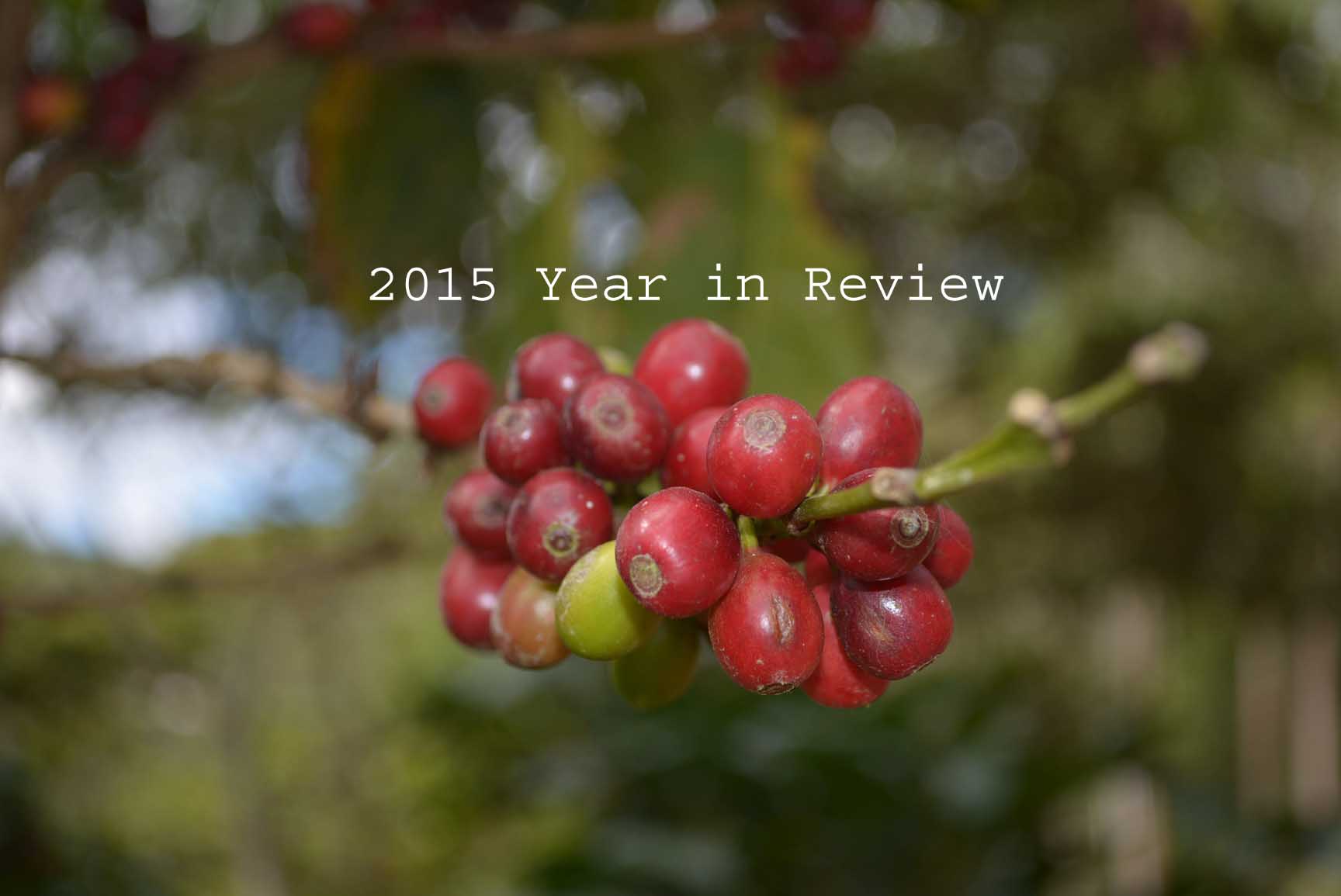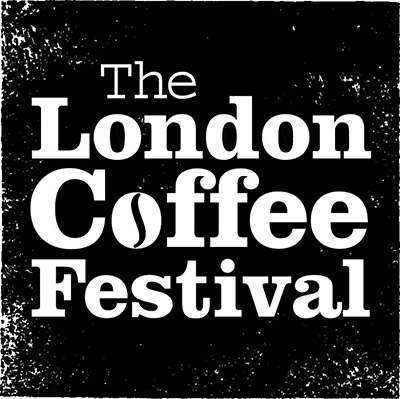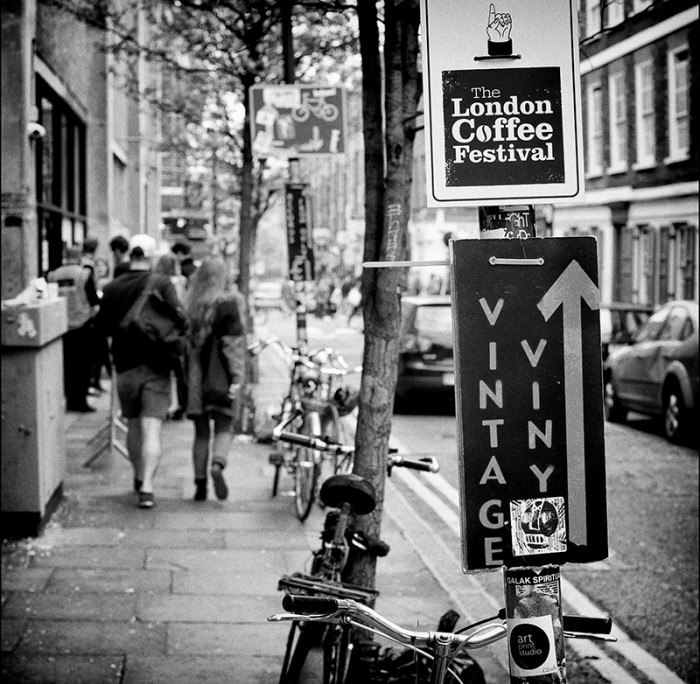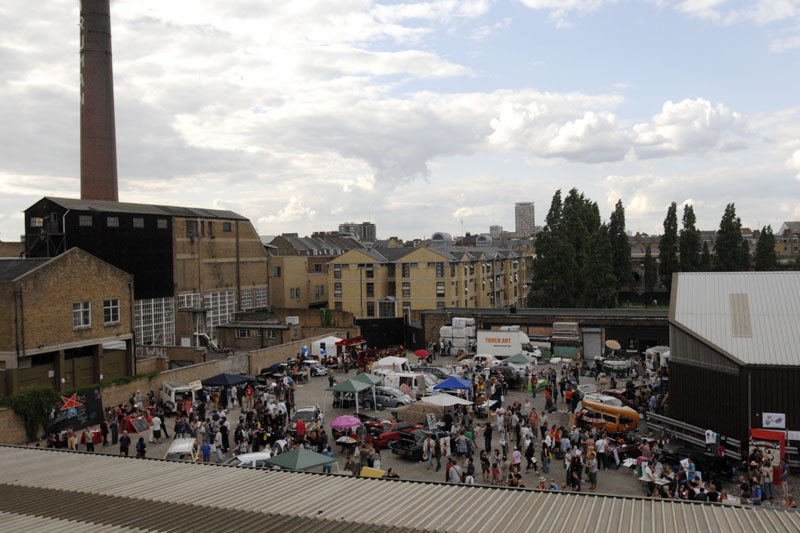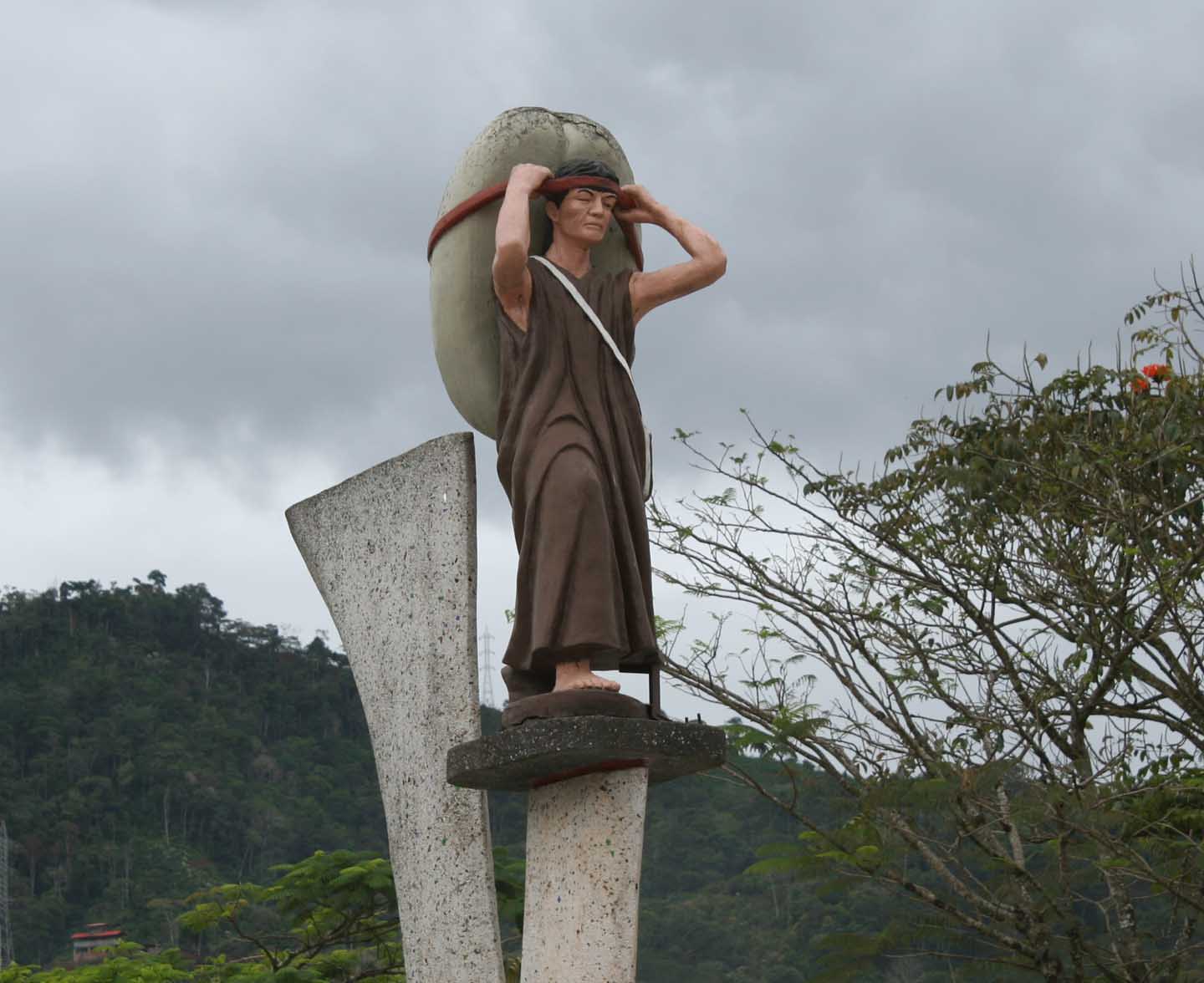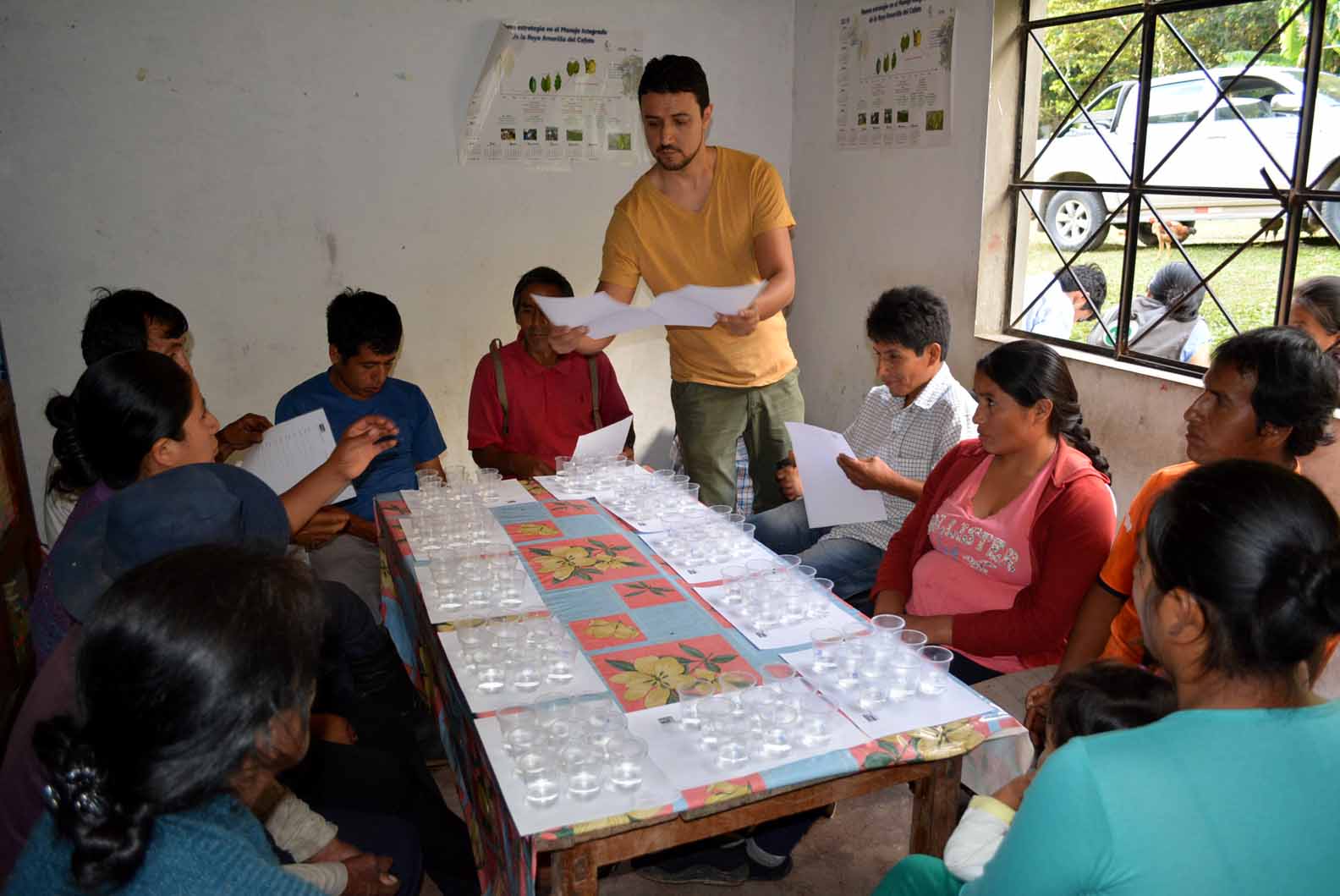December is the month of short days in the northern hemisphere. As I write this today, however I’m in Peru where summer has recently started. Yet, in spite of the disconnect from my “normal” winter hibernation mode, it is still a time of reflection and remembrance as the year ends and a new one soon starts.
The year in review: From the farms
The Curibamba Coffee Project
This year we started to see good things at every level. The farmers seem to be more enthusiastic about the project than ever, and it’s no wonder with coffee prices being in the basement. Overall quality of the coffee has improved each year, and with a large effort to get solar drying tents and tables into the majority of the smallholder farms we’re expecting that quality will be better again with the 2016 harvest.
Meanwhile, we’re streamlining the purchase process, and besides buying the higher quality micro lots, we’ll be also buying coffees that are specialty grade (although below the quality of the best lots,) and paying a premium to be able to fully support the coffee growing community in the hills above San Ramon. Rather than picking and choosing only the “winners,” we’re taking a more holistic approach, and making sure that every farmer has an opportunity to receive a just price for their coffee. We will continue to test each and every lot in the lab, and work for the highest quality possible.
Curibamba was featured in Expo Milan this year, as well as the Mistura Foodie Fair in Lima. It’s currently being sold and enjoyed mainly in the southwest states of Colorado, California, Arizona, Nevada, & New Mexico, but also as far east as Ohio and Wisconsin.
We will continue to focus our support efforts on solar drying tents and tables, but we’re also working with agricultural engineers to see what might best serve the growers. It may be new coffee trees, or strategic washing stations, we’re awaiting input from the fields.
Every year brings more education on the specifics of harvesting, fermenting, and drying. Edegel will be funding not only the educational programs, but will continue funding for the agricultural engineers, organic fertilizers and assistance with promotional programs for the brand. Continue reading Real People, Really Good Coffee Update December 2015
